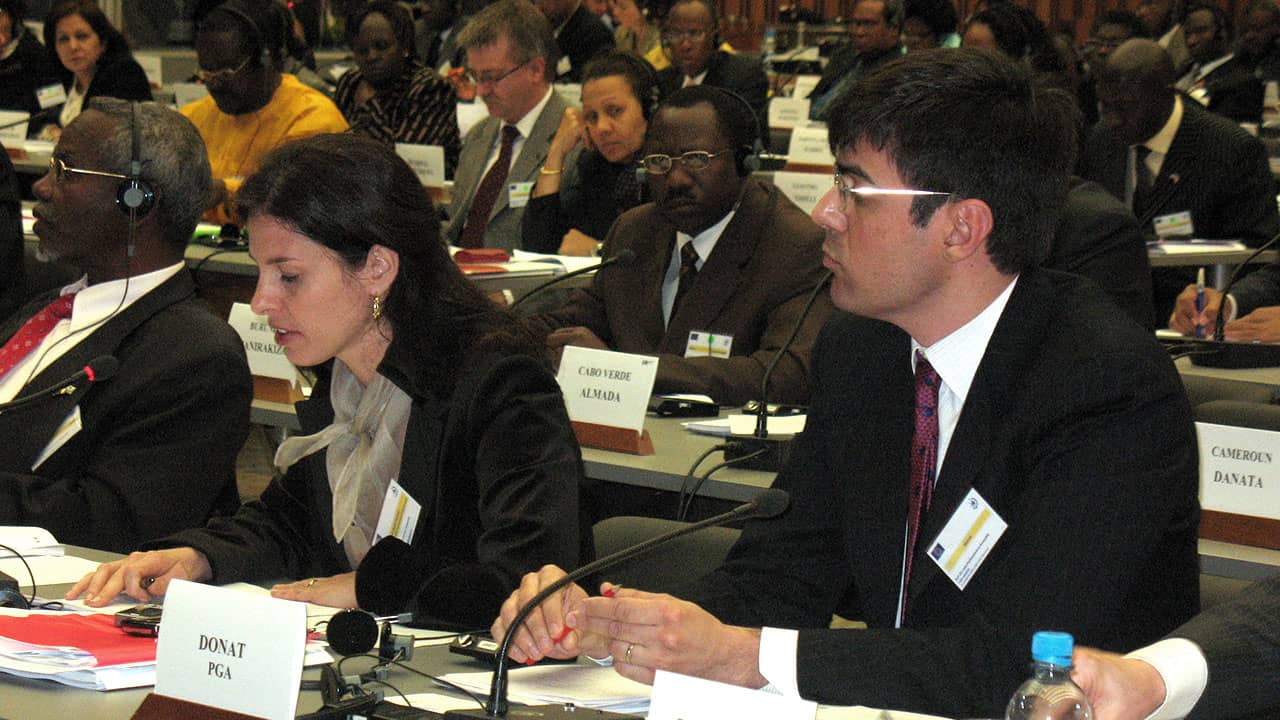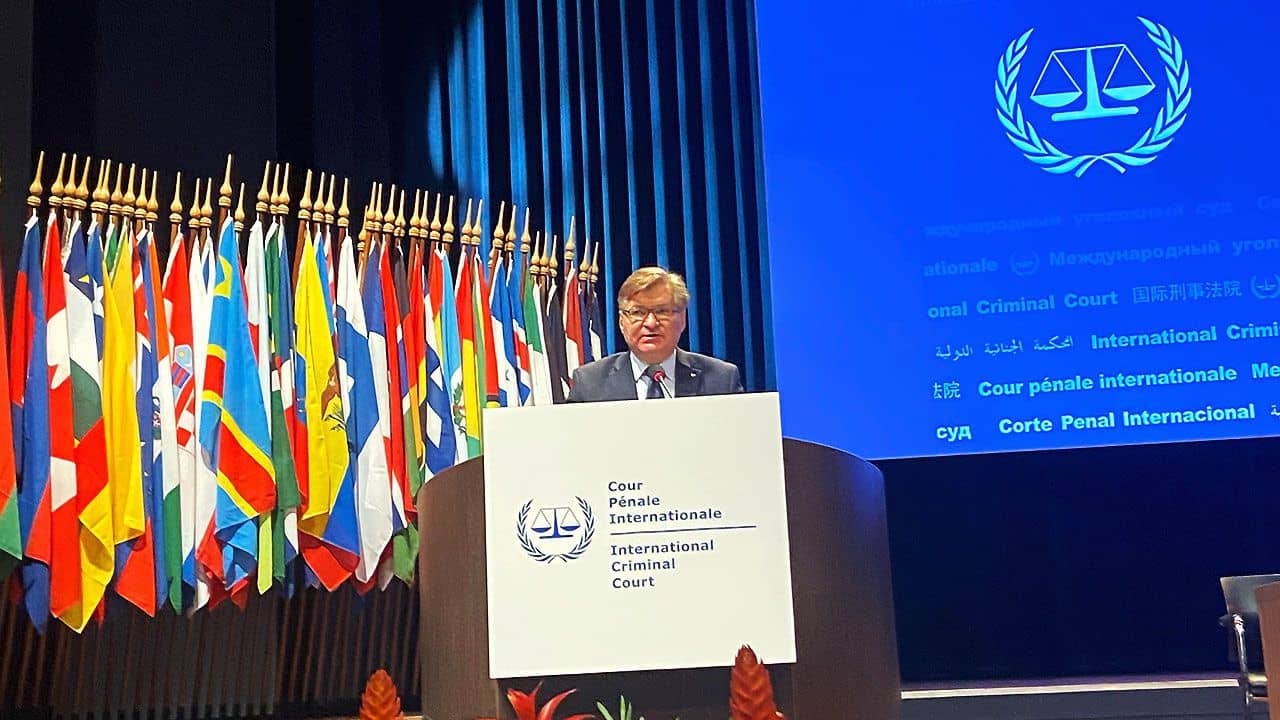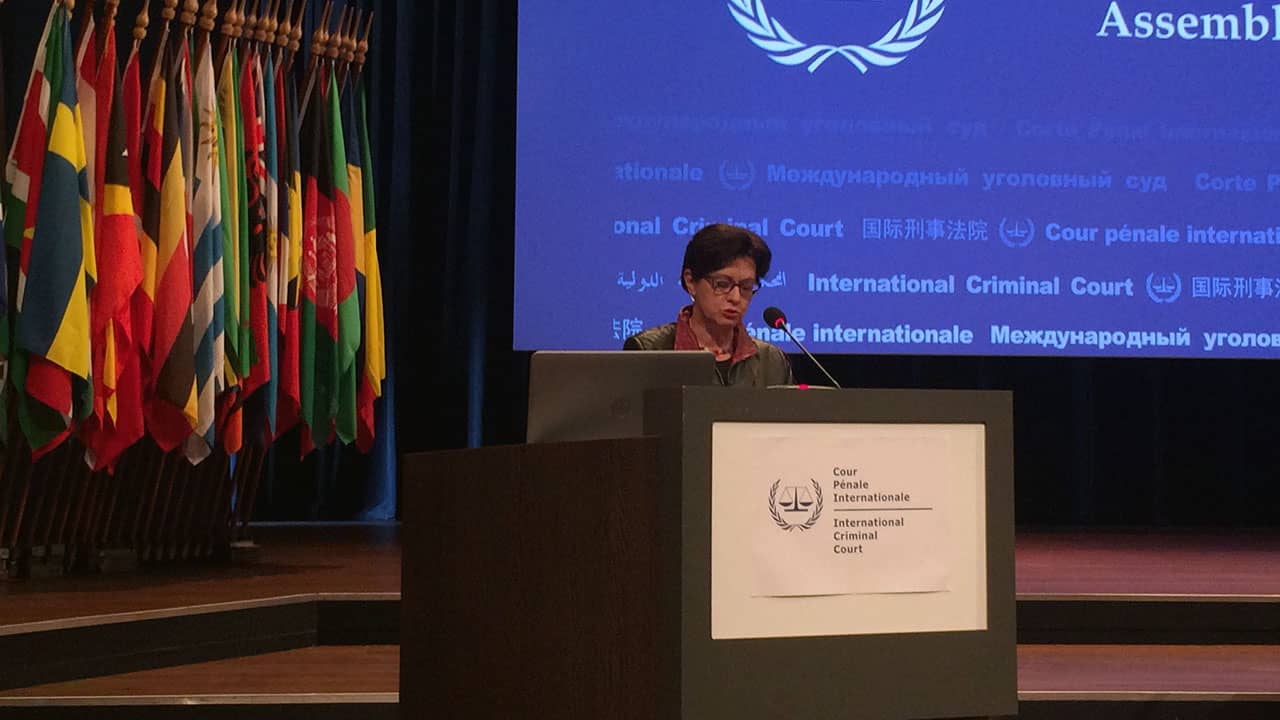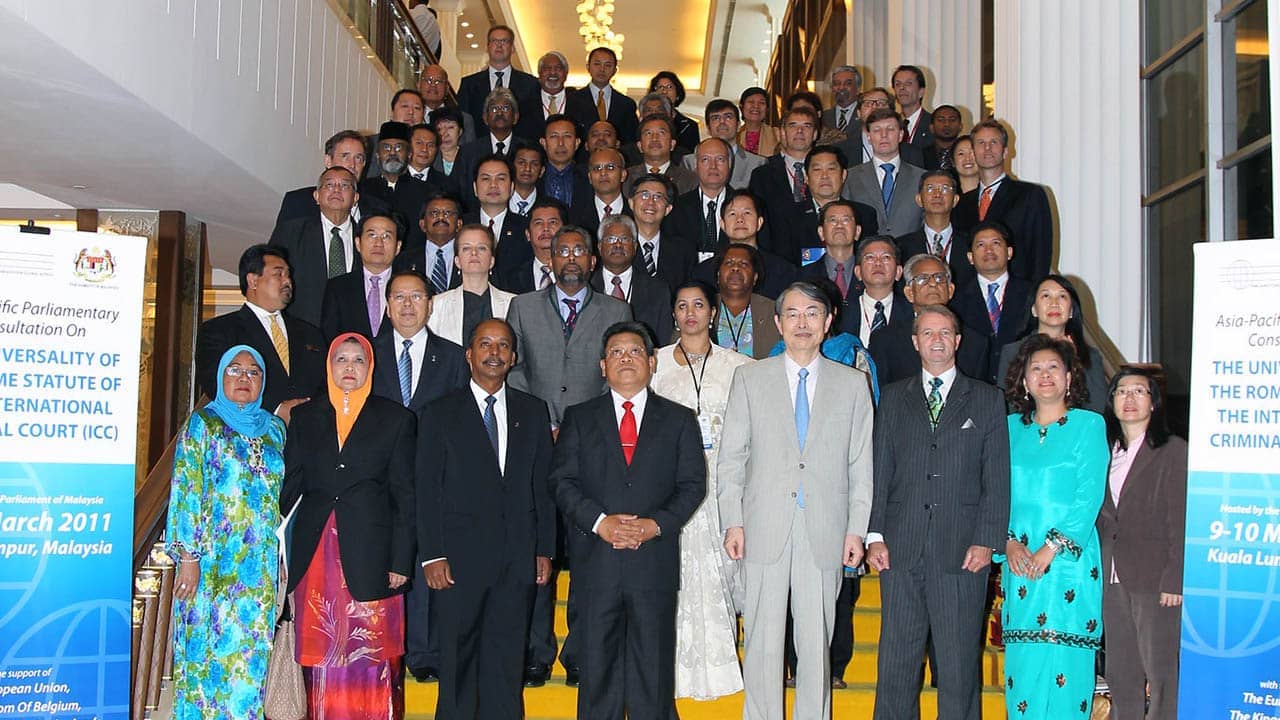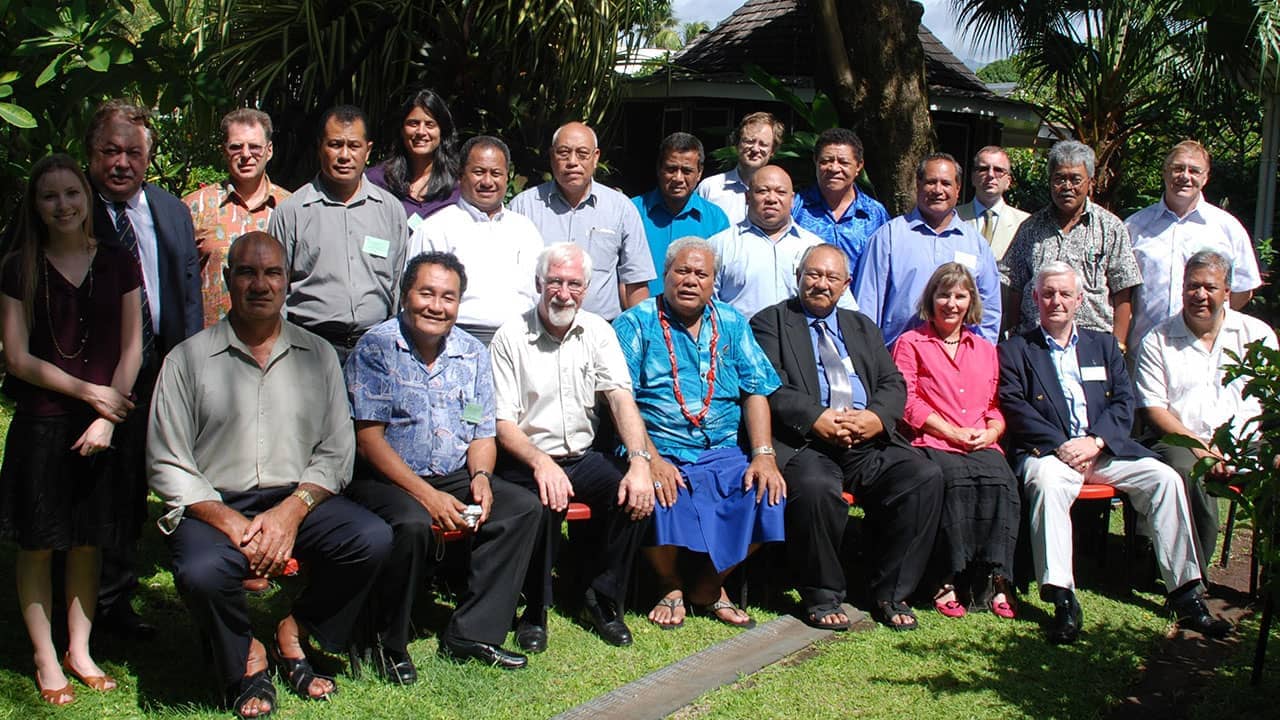Government type:
Republic - parliamentary democracy. Kiribati is a member of the Commonwealth of Nations
Objective:
Accession to the Rome Statute
Status
-
Rome Statute: not signed or ratified/acceded
-
Agreement on the Privileges and Immunities of the International Criminal Court (APIC): not signed or ratified/acceded
-
Amendments to the RS: none
-
Bilateral Non-Surrender Agreement (BNSA) with the United States: signed on 4 March 2004 (entered into force 4 March 2004 as executive agreement).
Background:
Kiribati has not ratified most international humanitarian and human rights law instruments, but is a party to the 1949 Geneva Conventions (but not their Additional Protocols).
During the Universal Periodic Review (UPR) in 2010, Kiribati rejected two recommendations to accede to the Rome Statute (made by Canada and France) and explained that “This is not feasible in light of the existing national capacity and resource constraints.”
Subsequently, in March 2011, during the First PGA Asia-Pacific Conference on the ICC and Rule of Law organized in Kuala Lumpur organized by Parliamentarians for Global Action in cooperation with the Malaysian Parliament, the President of the Parliament of Kiribati stated that the government was still in the process of studying the ICC and assessing its own capacity to be a State party.
That same month, the Speaker of the House of the Assembly of the Parliament of Kiribati, Hon. Taumati Iuta welcomed the progress on the relationship between the ICC and key states not parties to the Rome Statute and announced a full briefing to Parliament and Government to advance the accession process.
A promising meeting with the Attorney General (AG), Titabu Tabane took place in July 2011 at the Commonwealth Law Ministers meeting in Sydney, at which the Revised Commonwealth Model Law to Implement the RS of the ICC was adopted (to the drafting of which PGA had contributed). Hon. Tibatu said that a decision on RS accession needed to be introduced to the Cabinet without being approved by the Parliament. The Cabinet would need to know the advantages, costs, and benefits of accession. During the meeting, the AG stressed that any assistance as regards the substance would be welcome.
At the “Workshop for the Universality of the Rome Statute of the International Criminal Court and the Kampala Amendments on the Crime of Aggression in the Pacific Region,” which took place in New Zealand in March 2014, Kiribati representatives raised questions about the ability of the Rome Statute to address such environmental crimes as global warming and rising sea levels – the main issues Kiribati faces with regards to social justice. The two delegates in attendance reiterated what the President of the Parliament stated in 2011 – that they are still in the stage of studying and learning more about the ICC. They also asked for help and more information on the Rome Statute.
At the 21st session of the UPR (19-30 January 2015), Kiribati rejected five recommendations regarding accession to and implementation of the Rome Statute of the ICC, and accession to the APIC.
Potential Obstacles
There do not appear to be impediments in terms of encouraging Kiribati, as well as other Small Island States (SIDs) in the Asia-Pacific region, to consider Rome Statute ratification. Kiribati’s international legal framework needs to be further expanded. However, although there do not seem to be political obstacles to accession in Kiribati, other domestic exigencies and the lack of technical and financial capacity have been oft-cited as barriers to its development. While legal technical assistance has been provided by PGA in form of a full package for accession, it is likely that more assistance will be required.
PGA Activities
PGA partnered with a major Pacific Islands conference on the ICC held in Auckland, New Zealand, in February 2014; this conference laid the groundwork for the PGA President and Secretary General to make a direct contribution to Kiribati’s accession process through the submission of a Cabinet Memo and other papers necessary for the accession process in March 2014. PGA delivered a complete technical assistance package on accession to the amended RS, along with the commonwealth model on implementation to the government of Kiribati.
The memorandum prepared by PGA included draft Cabinet papers on accession containing basic information on the Rome Statute of the ICC, a detailed overview of the content of the Statute, and Recommendations for Action to proceed with the accession to the Statute by the Government of Kiribati (including a draft Rome Statute accession notification letter).
While the Cabinet has not yet taken action on this Memo, relevant follow-up in conjunction with Civil Society and Governmental partners in the Pacific region is ongoing. PGA has been following up on progress, in cooperation with the involvement of PGA National Group in New Zealand and, the alliances of Green Parties (given that Kiribati’s priority in foreign relations is climate change), the Commonwealth Parliamentary Association, and – albeit with lesser feedback – the Pacific Island Forum Secretariat.

